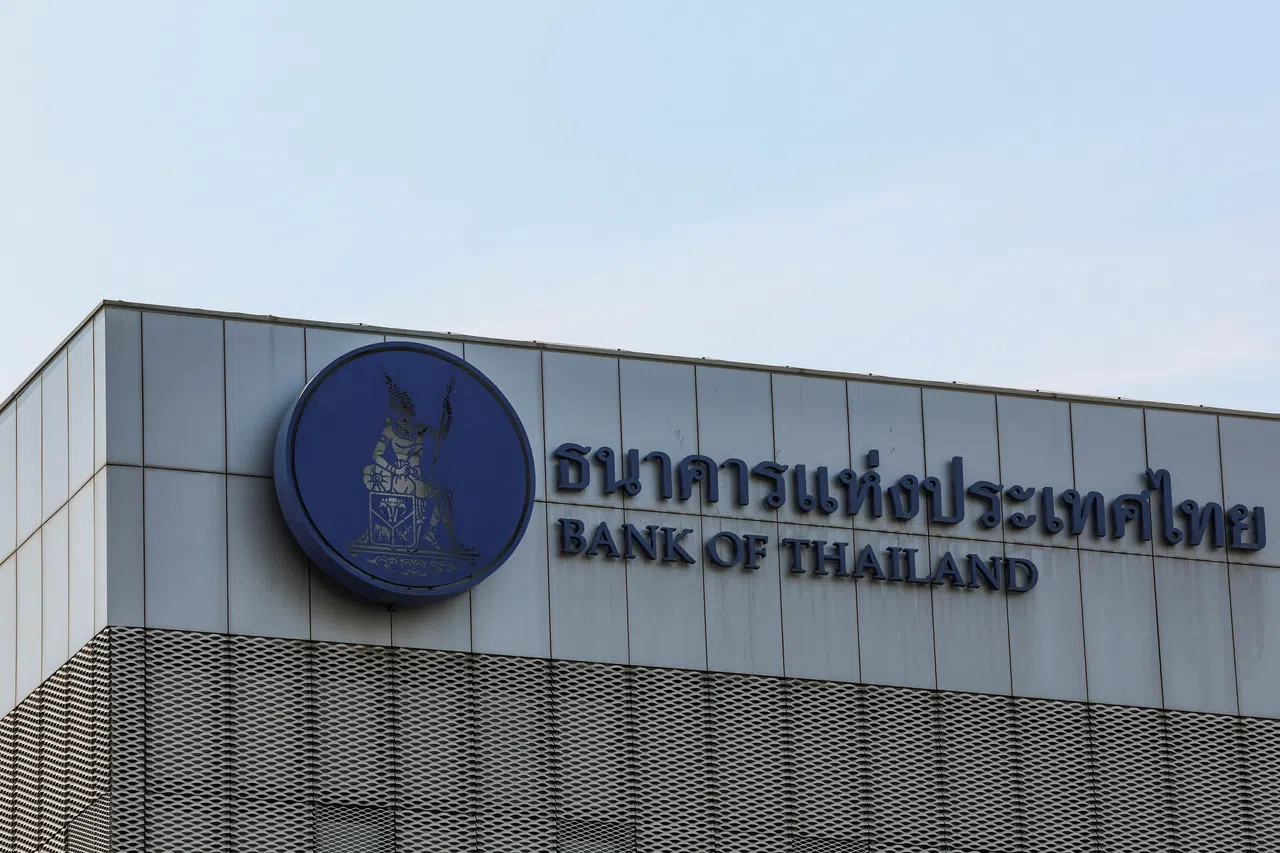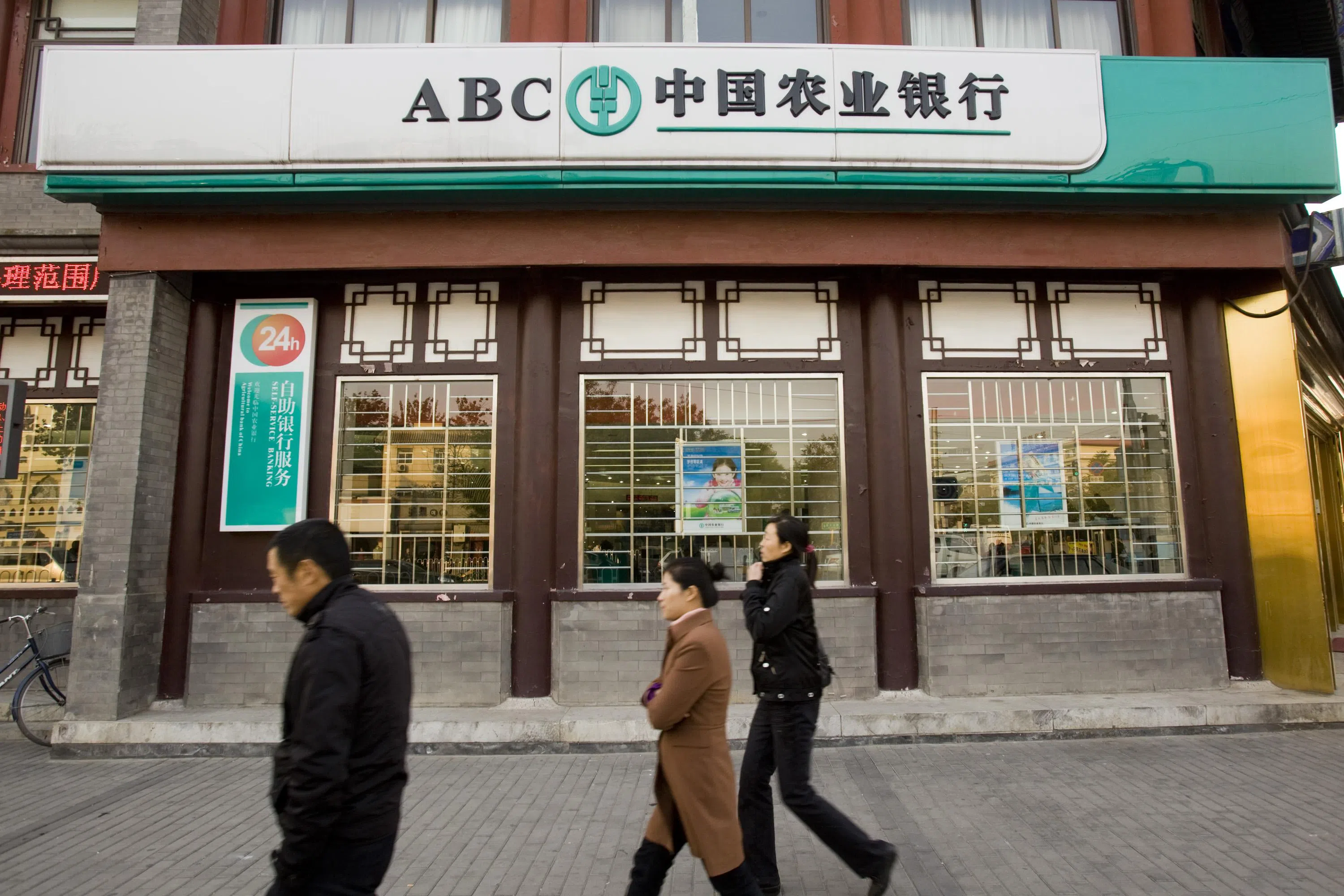THAILAND’S central bank cut its benchmark interest rate by a quarter percentage point on Wednesday (Feb 26), a move it said was a response to a weaker growth outlook and increased risks posed by global trade policy uncertainty.
The Bank of Thailand’s monetary policy committee voted 6-1 to reduce the one-day repurchase rate by 25 basis points to 2 per cent at its first meeting of 2025. That followed a rate hold in December and a surprise quarter-point cut in October.
Ten of 26 economists in a Reuters poll had predicted the key rate would be cut this week, with 16 expecting no policy change.
The move follows repeated government calls for further easing to support the economy and weaken the baht to boost exports, a key growth engine.
The central bank said the rate cut was based on the economic outlook and took into account slower gross domestic product growth and trade policy uncertainty among major economies.
“Regarding inputs from the political side and businesses, it’s normal to exchange views and use this for evaluation. But I must say this time we based (the rate cut) on our assessment of the overall economic picture,” assistant governor Sakkapop Panyanukul told a press conference, responding to reporter questions on political pressure.
A NEWSLETTER FOR YOU
Friday, 8.30 am
Asean Business
Business insights centering on South-east Asia’s fast-growing economies.
Economic growth could be slightly above 2.5 per cent this year, down from 2.9 per cent seen in December, he said.
Sakkapop said the central bank was ready to adjust policy if the outlook changed, adding the cut was not part of an easing cycle and the bar would be high for further reductions.
“The Thai economy is projected to expand slower than anticipated, owing to structural impediments in manufacturing production as well as competition from imported goods, despite support from domestic demand and tourism,” the central bank said in a statement.
The vote to cut was to align with “financial conditions with the economic and inflation outlook as well as financial stability, and to better cope with increasing downside risks.”
Thailand’s benchmark stock index rose rose as much as 2 per cent after the decision, while the baht edged up 0.2 per cent.
Growth challenge
South-east Asia’s second-largest economy expanded 2.5 per cent last year, less than expected and lagging peers.
The central bank governor Sethaput Suthiwartnarueput last month told Reuters 2025 growth could be below 2.9 per cent this year, while Finance Minister Pichai Chunhavajira expects growth of between 3 per cent and 3.5 per cent, driven by stimulus measures and strong foreign investment.
The central bank said the rate cut would not impact financial stability and headline inflation was expected to remain in its target range of 1 to 3 per cent. Sakkapop said headline inflation was expected at 1.1 per cent this year and 1.2 per cent next year.
Annual headline inflation was 1.32 per cent in January, after averaging 0.4 per cent last year.
Pichai had on Monday said Thailand’s low inflation meant there was room for an interest rate cut to boost economic growth and help weaken the baht to support exports.
Capital Economics senior economist Gary Leather said downside risks to Thailand’s growth forecasts had increased but the central bank’s easing cycle would be gradual.
“The weakness in the economy is putting downward pressure on inflation…. However, a period of entrenched deflation is a risk, and we think more monetary policy support will be required,” he said in a client note, which forecast the key rate would end next year at 1.50 per cent. REUTERS



